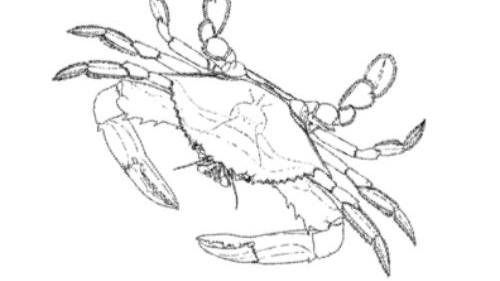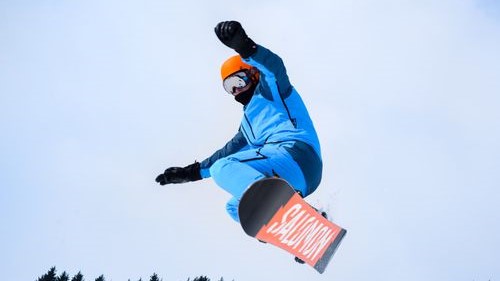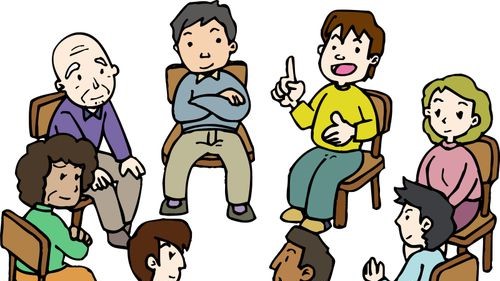Reigner loved to eat alimasag. It was one of his favorite things about living in Baltimore. His parents raised him on a diet full of rice and adobo, but also enjoyed local favorites like these pink shellfish with big claws. They always ate it with Baltimore’s favorite Old Bay seasoning.
Some days before he left for school, Reigner would ask, “Can we eat alimasag tonight?” His parents smiled and often said yes. They wanted him to be as much a Baltimorean as he was Filipino.
So Reigner was ready when his teacher, Mr. Hawkins, asked students to name their favorite animal. “Tell me what it is,” Mr. Hawkins said, “and in the next few days you will make a presentation about it.”
Reigner knew exactly which animal he would choose.
As students picked, Mr. Hawkins wrote their choices on the board: cow, octopus, giraffe, lion. No one had chosen Reigner’s animal yet!
“Reigner? What animal do you choose?” Mr. Hawkins asked.
“The alimasag!”
“I’m sorry, what?”
A few of Reigner’s classmates giggled.
“The… alimasag.” Reigner made pinching motions with two fingers. “Like this?”
A boy sitting behind Reigner laughed loudly. “What is that?” he asked, pinching his fingers like Reigner.
Now the rest of the class laughed. Reigner, embarrassed, sank into his chair.
Mr. Hawkins blinked a few times. “Oh…a crab?”
Reigner quietly nodded.
Mr. Hawkins wrote ‘crab’ on the board. “Shh, settle down, everyone. That was just another way to say ‘crab.’ Right, Reigner?”
“I guess so,” he answered, quietly.
The rest of the class went on to name their favorite animals, but Reigner felt too embarrassed to pay attention. He waited for recess and instantly ran outside. He wanted to be alone.
Reigner thought about what had happened. His parents sometimes spoke to him in the Filipino language of Tagalog. That meant they might use different words than other people did. For example, Mr. Hawkins said “dog” while his mom said “aso.” He said “bathroom” but his dad said “banyo.” And, Reigner realized, when his parents said “alimasag,” other people said “crab.”
Now Reigner climbed to the top of the jungle gym. He watched his classmates. Two of them pinched their fingers together and their friends laughed. Reigner wanted to hide.
Suddenly, a dog sprinted onto the playground. The dog was acting wild, barking loudly, even tripping a boy as it ran between his legs.
“Stop! Stop!” kids shouted. Mr. Hawkins tried to chase the dog but it was too fast. The pooch wasn’t listening to anyone.
Reigner climbed down to the ground. The dog started running toward him. He held up a hand and called out, “Tigil!”
Startling everyone, the dog stopped. Even Reigner looked surprised. Then he pointed down and said, “Umupo.” The dog sat! “Good aso,” Reigner said, scratching the dog behind its ears. The dog calmed down.
“Wow!” said a girl nearby. “How did you do that?”
A moment later a woman ran onto the playground, an empty leash in her hands. Out of breath, she hurried over to Reigner. “I’m so sorry, this is my dog,” she said. Then she clipped the leash back onto his collar. “Praning, you can’t do that…”
“I told him to tigil and he did,” Reigner told her.
“Well, that’s because I trained him in Tagalog!” the woman replied. “Thank you for helping Praning. I don’t know what I would have done if you weren’t here.”
After the lady apologized to Mr. Hawkins and left with her dog, some of Reigner’s classmates ran over to him.
“How did you do that? !”
“Can you teach me?”
“That was awesome!”
Reigner was embarrassed, but in a good way now. A couple of kids began pinching their fingers. “Tell us about the alimasag!” they shouted.
Soon, everyone was pinching fingers together like Reigner. He pinched his together too, happily laughing with his classmates.









